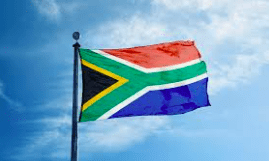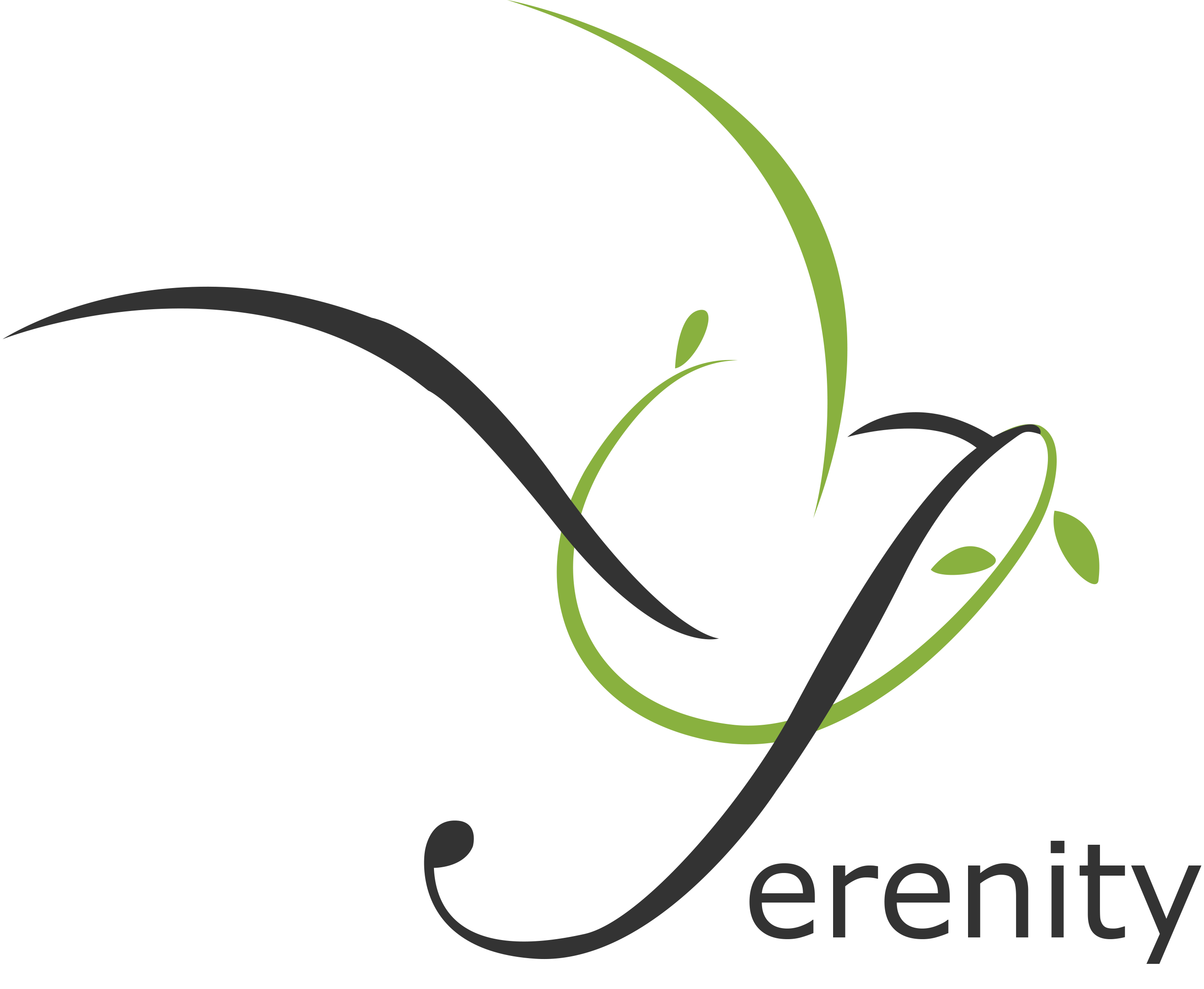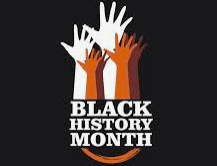Florah Leverett

Can you Tell us your Story?
I was born in South Africa and at the age of 4 I moved to Switzerland with my Mother, my baby brother and my mom’s Swiss boyfriend or fiance at that time. I lived in Switzerland until I was 30 years old and in 2013, I came to the United States to attend a special effects makeup school in LA. While in the program, it happened that I met my husband.
I wasn’t really planning on staying here but we fell in love and ended up getting married. I stayed and worked in the film industry for 3 years which was a great experience and so much fun. I tried to juggle career and Marriage life that eventually turned into an emotional & mental struggle which led to me losing myself by trying to please everyone else meaning my husband.
At the time we lived in Korea town in a small place, more like an office space. There was no shower and no kitchen. I couldn’t sleep because my mind would spin all day and all night. I was depressed and sad but functioning. I hustled.
I stopped doing hair and makeup because the negative energy from my relationship started to reflect on the outside world.
Doing makeup, I touch people, I’m in their energy field and it started to get under my skin the good and the bad. Looking back, I can see my husband played mind games with me. I was really being programmed to feel worthless. Nothing was good enough, I wasn’t good enough, and I started to dislike myself and completely lost myself. It hit me hard because I had never experienced anything like that in any relationship before.
I decided that I needed help and considered either therapy or meditation. I found this little meditation center that had 1:1 guided meditation sessions. Long story short, Reiki found me at a time when I needed it most. My best friend was becoming a Reiki 3 practitioner and she needed someone to practice on. I said, “I am in, this is perfect, let’s do this.” I quickly started working and learning with her and started seeing my own reiki practitioner and then eventually I became one myself. Meditation calmed my mind, and with Reiki I was able to achieve deep emotional healing. I was obsessed with finding myself and figuring out who I am. I was looking for anything and everything that could help me.
“I took off every layer; the whole onion layer and I just wanted to find that last, you know, cell or whatever. I wanted to know exactly who I am, how I am built, why I react the way that I do, what triggers me, and I wanted to be sure that I know who I am so that this never happens to me again.”

Why did you leave South Africa—was it related to the apartheid?
I don’t think so, we were far from the city, 2-3 hours north-west of Johannesburg in a village called Mabeskraal and there were no white people out there. My stepfather, who was white, came to South Africa and was working and studying local plants and my mom, who was black, was a nurse at the local hospital. Every time my dad visited my mom, he was the only white person. Everyone knew who he was, who he was going to see, and they even gave him a south African nickname “Moto fela” which translates to “the one person”.
They met, she got pregnant with my brother and the next thing I knew I woke up and it was cold and there were flakes falling from the sky, my first time seeing snow, and then they got married in Switzerland and that’s it.

What was your experience like living in Switzerland and being from South Africa?
It was around 1986 or 1987 and we were in this village central of the country of Switzerland. There weren’t many black people. There were 2 Indian girls who were adopted and later on there was another black family. My family was very well known; there were 10 kids. My grandfather owned the nursery there and my Uncles owned a flower shop, so the name Fleischli was big. Walking through the town and village everyone knew exactly who I was and where I belonged. My stepfather was white, and it was well accepted in Switzerland that my dad was white, and my mom was black.
I always felt lucky and very grateful. It’s a beautiful, small, very clean, and organized country. It is easy to drive and visit Italy, Germany and France. Yes, there were cultural differences, for example, as a 3rd grader, I had already developed curves and a full C cup while the other girls were flat all the way to 9th grade. There was a lot of bullying and my mother was still South African, so discipline looked a bit different in my house than in my neighbor’s.
“Do you know Trevor Noah?” There is so much that I can relate to when hearing his story. My mother was the same way as his. It’s interesting, because my mom did the things she knew from her mother, however we were in a completely different environment and society. No one treats their kids in Switzerland like that. I quickly realized that growing up.
The first time I experienced racism was actually in South Africa around my mid-twenties. I went back to South Africa and I stayed for almost a year. I needed to have the experience of living there and meeting people because I wanted to be in the culture. I stayed with my cousin who was in university and I worked as a cosmetologist in a nice mall in Pretoria. The owner was from England and was married to a white South African. At that time, it was the law that you had to have 50% white and 50% black in every workplace. It was interesting, sometimes we would have white people come in and they would say I don’t want to get my hair cut from a black girl. I was shocked. “These girls were all trained to do your hair” I would say. My boss would tell them “Florah is from Switzerland” and that was so funny because all of the sudden, it was like they were getting a special treatment and they would let me cut their hair!

What has your experience been like in America?
My ex-husband is African American, and he would tell me that I had to pay attention to certain things, and I didn’t understand that.
“I was like, why do I have to be aware of something that is negative, what is that going to do for me?”
Also, I never experienced “having to pay more attention” back home. I mean there is always someone who would say something negative, but I just walked the other way. I would never spend my energy on negative people, so for me it was the same when I was here just like “too bad for them.” I remember having this conversation with one of my girlfriends who is Nigerian and was raised in England and we noticed how it slowly but surely did affect us. As we compared Europe to the US, I think it was just more so shocking for us that these crimes are still happening.
In these 8 years, yes it has affected me. I don’t think it was directly racism towards me but people were confused by me; I can tell. I look like everyone else who is black, but I open my mouth and it is something else that comes out, so people are just thrown off.
For a short time, I worked in Beverly Hills, I would be doing my work or talking with customers and all of the sudden it was, “Oh you have an accent, where are you from,” “oh, you look so young,” “your hair looks a certain way; is that your real hair,” etc. They would listen for a while and then it was always about the physical or my accent but never about what I was saying. This played into my own insecurity and suddenly I was constantly changing my hair or my makeup to make myself look older even though I was in my mid-thirties. Then I was transferred to a location in Inglewood and the same thing repeated. Not only was I still unique to them, but I couldn’t relate to the people of color and they could not relate to me. Even in the black community I didn’t belong. Everyone would ask me, “where are you from” I say “Switzerland” and the conversation would just end there . We didn’t have anything but our skin color in common and so there was nothing else to talk about. It was hard to build trust and relationships. There was a lot of rejection and I just felt that I needed to change. I spent a lot of time trying to belong and fit in somewhere.
It was very exhausting, and it is not surprising that I isolated myself from others and did not want to leave the house or go to work. Talking to people gave me anxiety. My quarantine started years before the pandemic.

How has George Floyd and the Black Lives Matter Protests impacted you?
I understand what’s going on and where people are coming from because it has been an issue for so long here. I am more of a quiet person. I was not out there and protesting, instead the way I processed it was literally sitting here and sending my reiki to the world and everyone involved.
“It is crazy that it’s 2021 and this is what is happening in the United States. Everybody around the world looks up to America, everybody in Europe, It is such an advanced place in technology and yet so behind. That is crazy.”
Yes, Racism is still going on in South Africa. Trevor Noah says it the best, because it’s in your face and it’s so open so the people in South Africa carry it differently. There is a different carrying. All of the girls at the salon in South Africa would be like “oh, you know that happens that people don’t want to see you because your black, that’s normal” and I was the one getting upset. In America it’s behind your back and you know it’s here, but everyone just hides it. I come from a different background and I don’t identify with the culture here and I still get sucked into it because there is a lot of ignorance. I was at a gas station in Thousand Oaks a few weeks ago and the owner interrupted me in the middle of me answering his question and said, “where are you from. I can hear you are educated. You are not from here.” I was like, “what does that mean?”
Back home in Switzerland we talk about everything including race, multiculturalism, sex, drugs, etc. at school. There is a big gap in the American school system. Certain things are important, not just books, but also things that are important to learn as you go through life.
What was your experience with cultural appropriation while working in Hollywood? Many artists are coming out and saying that there aren’t enough hair and makeup team members that know how to do multicultural hair and makeup?
Here’s the funny part. I did cosmetology in Switzerland. I learned based on your guy’s hair and skin. You are not going to a school for black people’s hair, that did not exist. I had the hardest time doing another black person’s makeup.
What do you think is the best way to address racism in our country?
I think the biggest problem here is denial. Especially, white people still denying that racism exists. I have close friends who just don’t see it. On the other hand, how would you know if you don’t have a circle who is multicultural? The first step is just to accept that this is real. Let’s research it and look into it, let’s go out there and make friends with someone who is different from you and learn about it. Go visit different areas, even just different areas in LA. It’s a big country with a lot of different people in it. It’s weird because in all of the places I have lived and visited, I have not experienced it so bad. It’s a big problem here. I’m not saying racism doesn’t exist in other places, but the shooting, guns, police violence, where does it end? My family and friends from home called me every day during that time. They could not believe what was going on. It affected the whole world. Which is a good thing! America had a leveling up in their overall consciousness related to these issues. The issues were brought to the front in politics, the media, and even in social settings in general. The conversation has been brought to the front because so many people have been so open about their opinions related to it; good or bad.
Let’s use that to continue the conversation. There is going to be chaos before the good change. It’s a wakeup call and it amplified the conversation.
I have learned a lot about American history, and I get to correct my white friends and family. It’s education and growth.
“I can’t speak to the story of African Americans because I am not an African American. I am a black woman who was born in South Africa, raised in Switzerland and lives in the United States. I can just tell my story.”

